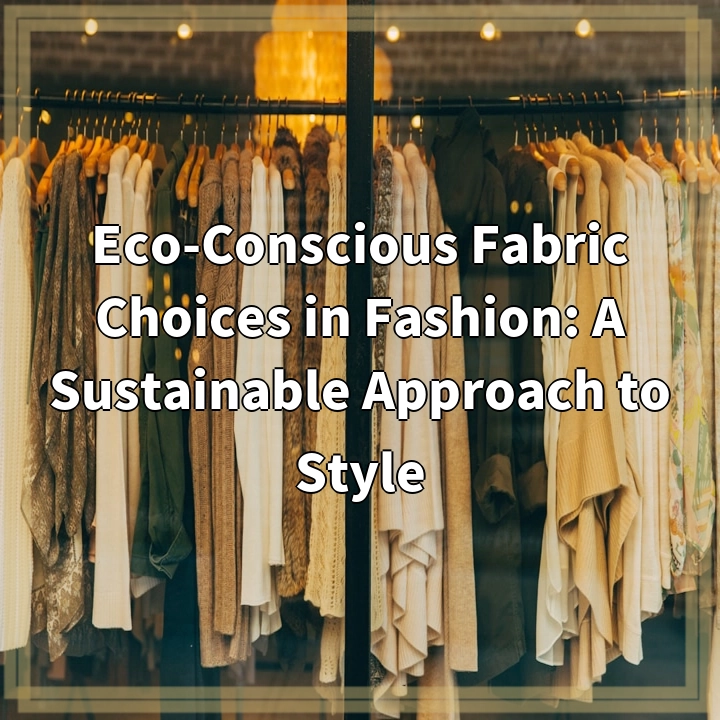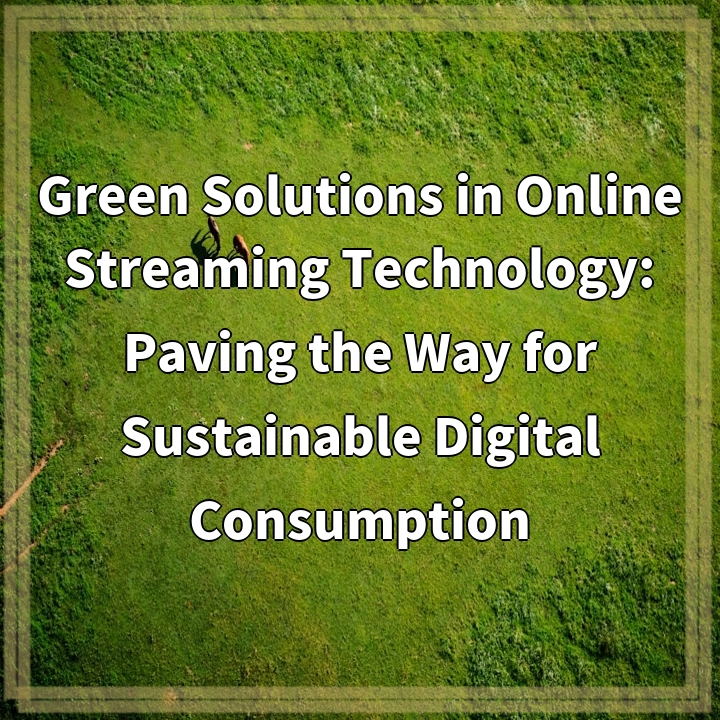
What it is:
Eco-conscious fabric choices in fashion refer to the selection of materials that prioritize sustainability and environmental responsibility throughout the textile production process. This can include fabrics made from organic fibers, recycled materials, or innovative alternatives that reduce the ecological footprint of clothing. Fabrics such as organic cotton, Tencel, hemp, bamboo, and recycled polyester exemplify eco-conscious options. These materials are often produced with less water, fewer chemicals, and reduced carbon emissions compared to conventional textiles.
The Importance of Eco-Conscious Fabrics
Choosing eco-conscious fabrics supports ethical fashion practices and encourages brands to adopt sustainable production methods. By opting for environmentally friendly materials, consumers can reduce waste, minimize pollution, and contribute to a circular economy. This shift is crucial in addressing the fashion industry’s significant impact on the planet, as it is one of the largest polluters and resource consumers worldwide.
Real-World Problems
Despite the benefits of eco-conscious fabric choices, several real-world problems remain prevalent within the fashion industry:
Environmental Pollution
The conventional textile industry is known for its heavy use of harmful chemicals and dyes, leading to water pollution in nearby rivers and ecosystems. This not only affects water quality but also poses health risks to communities that rely on these water sources.
Resource Depletion
Many conventional fabrics require significant amounts of water, energy, and land to produce. For example, traditional cotton farming is water-intensive and often leads to soil degradation. In contrast, eco-conscious fabrics aim to mitigate these issues, but transitioning to sustainable practices can be challenging for many brands.
Consumer Awareness and Education
While the interest in sustainable fashion is growing, many consumers remain unaware of the environmental implications of their fabric choices. Education is essential to inform buyers about the benefits of eco-conscious materials and encourage more sustainable purchasing habits.
High Costs and Accessibility
Eco-conscious fabrics often come with a higher price tag due to the cost of sustainable production methods. This can limit accessibility for consumers seeking affordable options. As a result, eco-conscious fashion can be perceived as exclusive, making it essential for brands to find ways to balance ethical production with affordability.
Lack of Standardization
The absence of universal standards for what qualifies as “eco-friendly” creates confusion within the industry. Brands may use vague marketing terms without clear definitions, leading to “greenwashing” where companies falsely promote environmentally friendly practices. This undermines genuine efforts and can mislead consumers.
Supply Chain Transparency
Understanding the journey of a fabric from production to retail is vital for ensuring true sustainability. However, supply chain transparency remains a significant challenge, with many brands struggling to trace their materials’ origins. This lack of visibility can hinder efforts to hold brands accountable for their environmental and social practices.

Solutions for Eco-Conscious Fabric Choices in Fashion
To address the challenges associated with eco-conscious fabric choices in fashion, various solutions can be implemented by consumers, brands, and policymakers alike. By fostering collaboration and understanding, the industry can pave the way toward a more sustainable future.
Increase Consumer Awareness and Education
One of the most effective solutions is to enhance consumer awareness through education. Brands can provide information about the environmental impact of different fabric choices, promoting transparency in their practices. Workshops, informational campaigns, and engaging content on social media can empower consumers to make informed decisions regarding their purchases.
Support Sustainable Brands
Consumers can actively choose to support brands that prioritize eco-conscious fabrics and sustainable practices. Researching companies and understanding their sourcing and manufacturing processes will encourage the growth of ethical fashion while sending a clear message to the industry about the demand for sustainability.
Advocate for Regulation and Standards
Policymakers can play a crucial role by establishing regulations and standards for sustainable fabrics. Implementing certifications that clearly define what qualifies as eco-friendly can help eliminate greenwashing while encouraging brands to adopt more responsible practices.
Promote Circular Fashion Initiatives
Encouraging circular fashion—where materials are reused, upcycled, or recycled—can significantly reduce waste and resource depletion. Brands can participate in or support initiatives that focus on fabric recycling programs, take-back schemes, and rental services that extend the lifespan of clothing.
Invest in Research and Innovation
Investment in research and innovation is essential to develop new eco-conscious materials and improve sustainable production methods. Collaborations between brands, universities, and research institutions can lead to breakthroughs in fabric technology, ultimately benefiting the environment.
Ensure Supply Chain Transparency
Increasing supply chain transparency is vital for sustainability. Brands should commit to revealing detailed information about their sourcing and manufacturing processes. Emphasizing ethical labor practices along with environmentally friendly fabric choices fosters accountability while building consumer trust.















